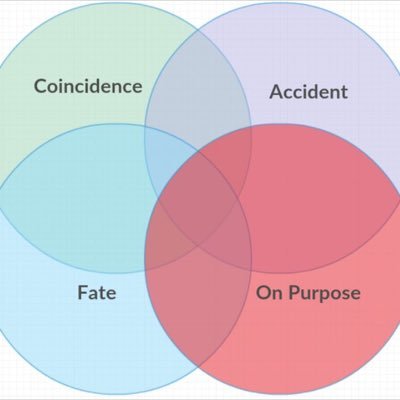How good is the calculator in your brain? Can you take in bunches of information, with different forms, shapes, and sizes, and blend them all together into one single idea? Maybe you can make generalizations, or at least get yourself moving in the right direction. This is what we do every day, and it’s usually fine if we’re not that precise. Being wrong generally has just minor consequences.
Making bets on sports is a lot like making decisions, except that the cost of imprecise analysis can be quite extreme. It’s not enough to simply have rough ideas or generalizations, because in betting, the gaps between winning and losing exist in mere fractions. The win rate needed to profit over the standard vig is 52.4%, yet the best sports bettors only win 55-60% of the time. This isn’t exactly a lot of margin for error.
Bunches of betting information need to be quantified, which can often be done readily, but weighing and balancing the various pieces presents a much larger challenge. It’s not enough to know the variables; it’s perhaps even more important to know how much each of the variables matters. You can look into past statistics, future projections, matchup data, referee tendencies, and even the weather, depending on the sport. You may even be able to assign an exact number to each one. But how much does each thing matter? How much does a good defense negate a good offense? How much does an injured player detract from a good team compared to a bad one? How much does a generous umpire counterbalance good weather? It’s an endless list of things to compare.
The answer to all of this: it’s unclear.
So what’s the best way to overcome the confusion? How is proper decision-making even possible in all of this chaos? Well, there are fancy algorithms out there that can automate the thinking for you, but for the most part they don’t produce great results. It’s really just very hard to project such complicated information.
So if math isn’t the answer, then what? What else is there to do? Well, it’s actually much simpler than you’d think. There clearly are people who win consistently, who have a consistent edge and can profit from that edge. But you don’t need to reinvent the wheel. It actually seems to be enough to just mirror these “wise guys” and bet what they seem to be betting. It’s fairly straightforward to observe what they do and then copy it. It’s not cheating. It’s crowdsourcing.
Crowdsourcing from the general public doesn’t work in sports betting because most people are wrong more often than they are right, and that’s much of the reason sportsbooks are so profitable. Crowdsourcing the sharper bettors, however, yields different outcomes. The way to do this isn’t totally intuitive, but it’s not that complicated either. You basically need to figure out what the public thinks, and determine if the money thinks the opposite.
The concept itself is simple: Sportsbooks generally move lines in the direction of the public consensus in an attempt to “balance their risk”, so to speak. All bets are essentially taxed with a vig, so the closer a sportsbook can get to having equal action on each side of a bet, the less risk they assume. With 50/50 action on two sides of a game, sportsbooks would essentially collect taxes from both ends, and make a stable profit regardless of the outcome. Sometimes, however, the sportsbooks don’t move their lines in the direction of a public consensus. Sometimes there isn’t a consensus to begin with, but sometimes even when there is one, the line actually moves against that consensus.
So why would this happen? The reason is fairly intuitive, but it’s just not something most people seem to be aware of. Yes, it’s true that in general sportsbooks want to minimize their risk, but sometimes there is a sufficiently disproportionate potential reward in taking on more risk. In some cases, a sportsbook may want to make a bet look even more attractive to the public because they want to bait them into making that bet, essentially staking their own bet on the other side.
The existence of sharp bettors adds another variable to the equation. Sportsbooks don’t value all incoming wagers equally when it comes to moving lines, as they can be swayed more heavily by either large bettors (in dollar amount) or proficient bettors (by reputation). Usually these go hand in hand (more skilled bettors tend to deal in higher stakes), but what it amounts to is this: Sportsbooks don’t always move their lines based on the whims of the market, but rather by a more calculated approach that focuses on certain parts of the market.
Knowing this information, you can get the same type of edge that the books and the sharp bettors are both getting. You can monitor a lot of the same things a sportsbook monitors and stake your claim in the same spots that they stake theirs. It doesn’t require any real math skill, if you simply just set your biases aside and follow the money.


